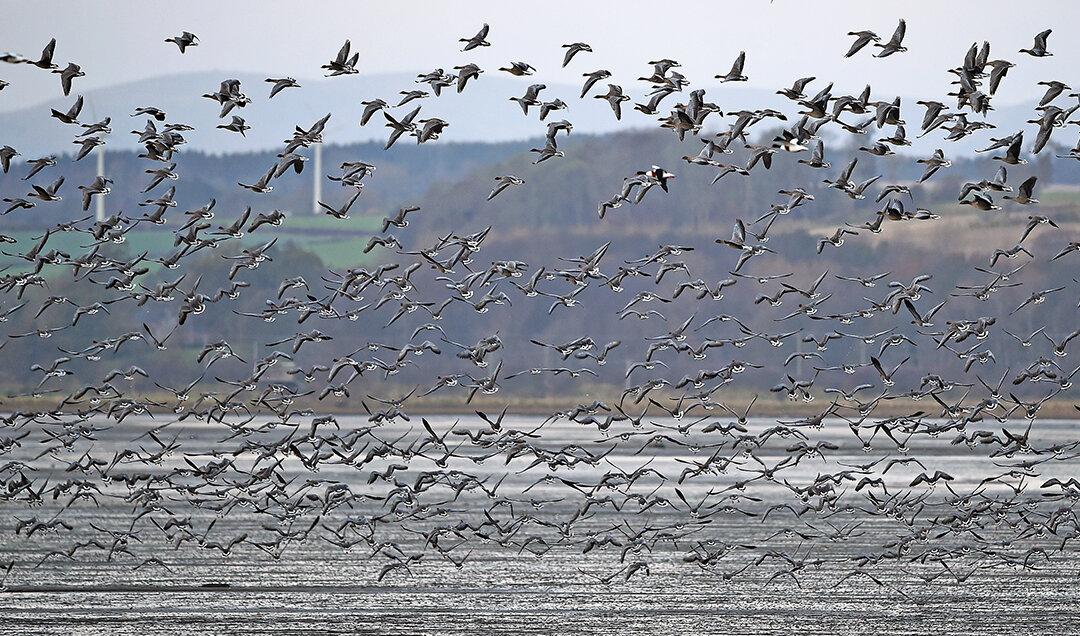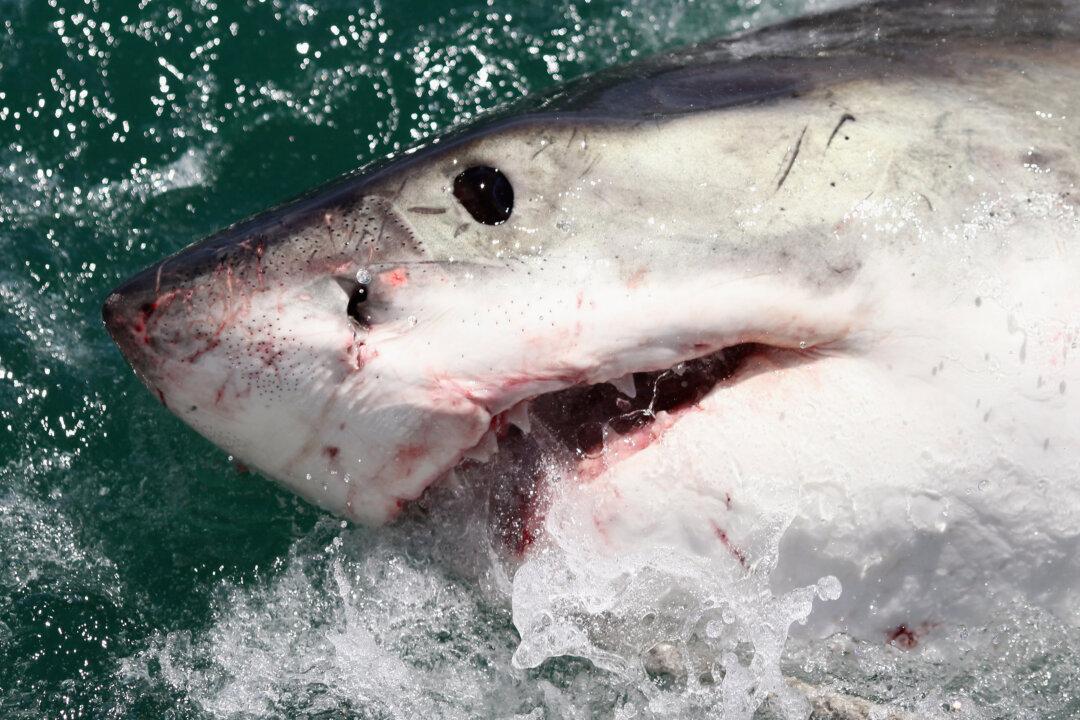The capital of Colorado is having such a problem with wild geese that the city council has decided to kill thousands of the birds and feed the meat to the needy.
The most common complaint people make to the City of Denver’s Parks and Recreation team is the high volume of goose excrement covering the ground in city park areas.





